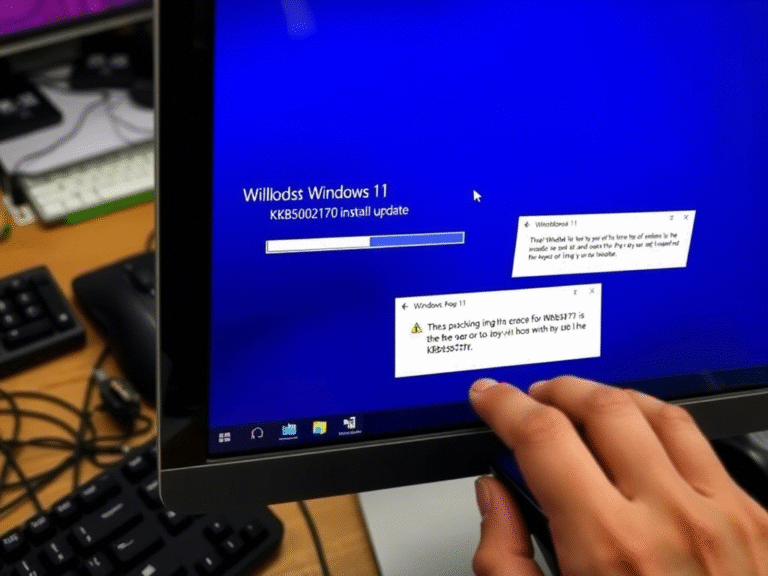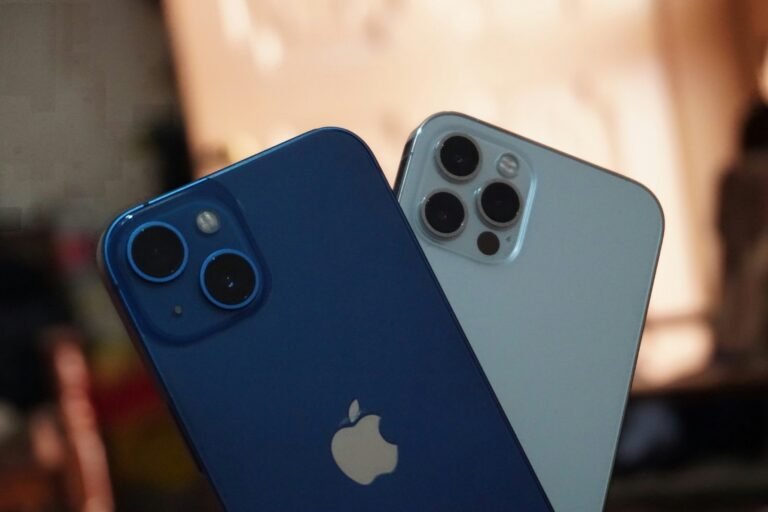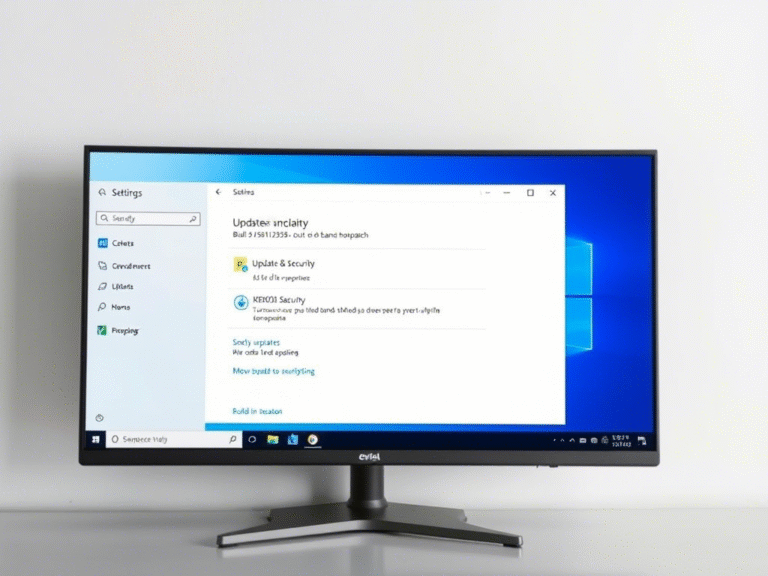Google and Amazon updated their logos

Yandex bought Domiland, and Baidu will teach people to understand the language of animals: news digest
Yandex bought Domiland, Denmark became the first country to officially separate human literary translation from machine translation, and SoftBank filed a patent application for an AI-based service that replaces absent players in role-playing games. We tell you about these and other important news in the field of intellectual property in our digest.
More trademark applications from foreign IT companies
In Russia in 2024, 11.9 thousand applications for trademarks were filed by foreign companies, according to a study by VTB and Online Patent. This is 18% more than in 2021. IT companies (Nintendo, Qualcomm and Hitachi) were the leaders in this indicator . Experts believe that in this way, market players are reinsuring themselves against the removal of legal protection from the brand, but do not rule out the possibility of their return to the Russian market.
Yandex bought Domiland
The company acquired a platform for developers and management companies from the Samolet group. The deal will enable Yandex to strengthen its ecosystem and obtain a platform for the digitalization of residential real estate. The company’s patent portfolio includes certificates for trademarks and programs ( first and second ). The latter are included in the Register of Domestic Software. The exact amount of the deal is not named, but experts estimate it to be in the range of 300 to 675 million rubles.
Google and Amazon Updated Their Logos
The corporation has updated its logo for the first time in 10 years. The colors of the first letter now blend into a gradient, without having a clear division, as before. Red flows into yellow, which flows into green, and green into blue. This makes the logo similar to the symbols of the Gemini neural network, which is being developed by Google. It is also interesting that for the first time in 20 years, Amazon has also updated its logo.
Difficulties in translation
Denmark has become the first country to officially separate human literary translation from machine translation. Since May 2025, such texts are no longer considered full-fledged and are not subject to the Public Lending Right (PLR) system, which provides for payments to authors for the use of their translations in libraries. The contractor must guarantee that their work is original, and if neural networks were used, then indicate that the book was edited, not translated.
New Apple Pencil
The U.S. Patent and Trademark Office has published a series of 64 new Apple utility patents. One of them concerns a future MacBook that integrates a customizable Apple Pencil. It’s detachable and attaches to the keyboard. While in the built-in clip, the pencil can act as a mouse to move the cursor. The Apple Pencil has a high-quality backlight system built into it. A second patent describes an alternative method for changing prescription lenses in a Vision Pro-type headset. Another utility patent concerns the Apple Watch, which tracks swimming metrics and more.
Game Patent
Japanese investment company SoftBank has filed a patent for an AI-powered service that replaces absent players in role-playing games. The tool has three main functions: character learning, conversation log analysis, and response generation. Using a machine learning algorithm, the AI will be asked to study characteristics and behavior patterns. It will then analyze conversation logs from previous sessions to understand the context and predict how the character will react in a given situation, generating an appropriate response.
Understand animals
Chinese tech giant Baidu has filed a patent that could convert animal sounds into human speech. Scientists have long been trying to decipher how they communicate, and the tech company’s attempt aims to use AI to achieve a breakthrough. The system would collect a variety of data about animals, including sounds, physiological signals, and behavior patterns.
Reopen the patent dispute
The University of California and the University of Vienna have convinced a US appeals court to reopen their patent application for rights to the revolutionary gene-editing technology CRISPR. It was created by Nobel Prize-winning scientists Jennifer Doudna and Emmanuelle Charpentier. The US Patent Office found that the Broad Institute had developed the technology before them. However, the University of California and the University of Vienna disagreed. Now the dispute is being revived. CRISPR allows scientists to use biological “scissors” to edit DNA. The technology is undergoing clinical trials to help treat diseases caused by genetic mutations and abnormalities.





